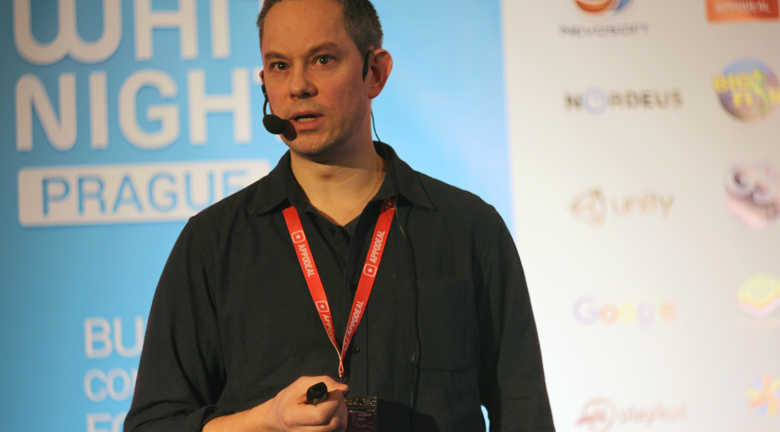In 2016, the authors of Angry Birds changed the approach to closing projects. Previously, the company tried to close controversial projects as early as possible. Today, Rovio decides on the fate of games at later stages of development.

This was stated by the Vice President of Rovio Cyril Barrow in his speech at White Nights Prague 2017.
The development process in Rovio is divided into six stages:
- concept;
- market analysis and prototype;
- pre – production;
- production;
- softlonch;
- support for a running project.
Previously, the company conducted a review based on the results of the first four stages. Based on the results of the review, a decision was made on further work on the project. It was assumed that dropping out at an early stage minimizes the risk.
“We needed to build a process that would maximize the chance of creating great games,” Cyril comments.
From the very first steps, the company wanted to get an answer from the developers, whether they had a strategy for creating a project, whether they had developed a marketing plan and a design document.
Last year, the strategy was changed. The company realized that it was not worth conducting so many reviews – especially at stages when only a concept or sketch of a future game could be on hand.
But Rovio did not completely abandon the practice of review. The company began to conduct a review on the results of the pre-production stage, the production stage and the softlonch.
For each review, the company has a verification question that allows the development team to independently test themselves.
- When moving from the pre-production stage directly to development, the question is asked: what exactly is the team doing.
- After creating a project ready for sotflonch, it is necessary to understand what exactly the team and its game want to prove at this stage.
- After sotflonch, when the next step is a worldwide release, two questions are asked: can the game earn and receive users.
But it is possible that even with the passage of all these stages, the game will be far from success. The unequivocal reason for closing the game in Rovio is the retention of the first day at 10%.
